Finding community as a single retiree can feel overwhelming at times, but you’re not alone in navigating this chapter. With more than 27% of adults over 60 living solo, many face similar questions about how to stay connected and supported. The truth is, building a community isn’t just about curbing loneliness; it’s about creating a network that enriches your life with social, emotional, and practical support. Whether it’s through shared hobbies, volunteering, or local events, finding your people is entirely possible. In this post, you’ll discover practical strategies to foster meaningful connections and achieve a fulfilling solo retirement.
🌱Building a community isn’t just about curbing loneliness; it’s about redefining how we connect in this new stage of life. After years of being immersed in a career or structured lifestyle, many single retirees find that the hardest part isn’t being alone; it’s letting go of old identifies and routines that once shaped daily life. If you’re still adjusting to a slower pace or questioning what what gives you purpose now, From Busy to Lonely: Why Retirees Struggle with Isolation and How to Reconnect offers insight into how to release the constant “doing” mindset and embrace deeper, more meaningful forms of connection.
Understanding Your Needs and Goals
Retirement opens up a unique opportunity to redefine how you connect with others. When you’re single and stepping into this phase of life, finding your community requires clarity about what matters most to you. Start by understanding your needs and goals so you can focus your efforts where they’ll make the most impact.
What Does Community Mean to You?
Community looks different for everyone. For some, it’s about maintaining a network of close relationships; for others, it’s about sharing a passion or a cause. Take a moment to reflect: What brings you joy? Consider your hobbies, values, and interests. Whether you love gardening, enjoy book clubs, or want to explore volunteer work, your ideal community will reflect these passions.
Ask yourself:
- Do you prefer large, bustling groups or intimate one-on-one interactions?
- Are shared values, such as volunteering or spirituality, important to you?
- Do you wish to engage in regular activities or want something more flexible?
Having a clear sense of what “community” means to you helps you filter your options and focus on the relationships that enrich your life.
Assessing Your Current Network
Understanding your social standing can reveal areas for improvement. Take an honest look at your existing network. Are there gaps in the type of support or interaction you’re seeking?
Here’s a simple way to assess your social connections:
- Write down your go-to people: Include friends, family, and acquaintances you trust.
- Categorize them by roles: Who provides emotional support? Who offers practical help? Who makes you laugh or shares hobbies?
- Identify gaps: Are you missing certain types of relationships? For example, maybe you have friends for fun but lack deeper emotional connections.
By doing this, you’ll see where more effort might be needed to expand your circle or strengthen existing ties. Interested in structured communities? Check out this guide on retirement communities for single seniors.
Setting Clear Goals
With clarity on what you want in a community and an assessment of your current social landscape, it’s time to set actionable goals. What exactly do you want to achieve? Focus on specific aspects like:
- Build friendships: Aim to meet others at local events, through shared hobbies, or in online groups.
- Shared activities: Whether it’s a hiking club or a painting class, goals can include structured, group-centered pastimes.
- Mutual support: A strong community often involves helping one another. Consider fostering connections where mutual assistance is valued.
Be intentional. For example, if you want to attract more friends who share your love for reading, consider making it a goal to join a book club at your local library. If you’re focused on deepening existing friendships, schedule regular meetups. Each goal can help shape where you spend your energy and time moving forward.
Strategies for Building Your Community
One of the most fulfilling aspects of retirement is the chance to connect with others who enrich your life. For single retirees, creating a strong sense of community isn’t just about building friendships; it’s also about staying active, inspired, and supported. Here are some thoughtful strategies to help you foster meaningful relationships and build that treasured sense of belonging.
Explore Local Social Opportunities
Finding like-minded individuals starts with participating in activities that genuinely interest you. Many communities offer numerous social opportunities tailored to retirees, so take the opportunity to explore and discover what sparks your interest.
- Join local clubs: Whether it’s gardening, writing, or photography, hobby-driven groups provide a welcoming space to connect with others who share your interests. Check out the SilverSneakers guide on senior social clubs for ideas.
- Participate in senior-focused exercise classes, such as yoga, tai chi, or walking groups, which are great for meeting peers while staying active.
- Attend events: Bookmark local events, such as book fairs, cultural festivals, or public talks at libraries. They’re fantastic for sparking conversations with new people.
- Engage in community centers: Many senior centers offer daily activities, ranging from board games to movie nights.
Wondering where to start? Your local library or parks and recreation department often has a calendar of activities specifically designed for seniors.
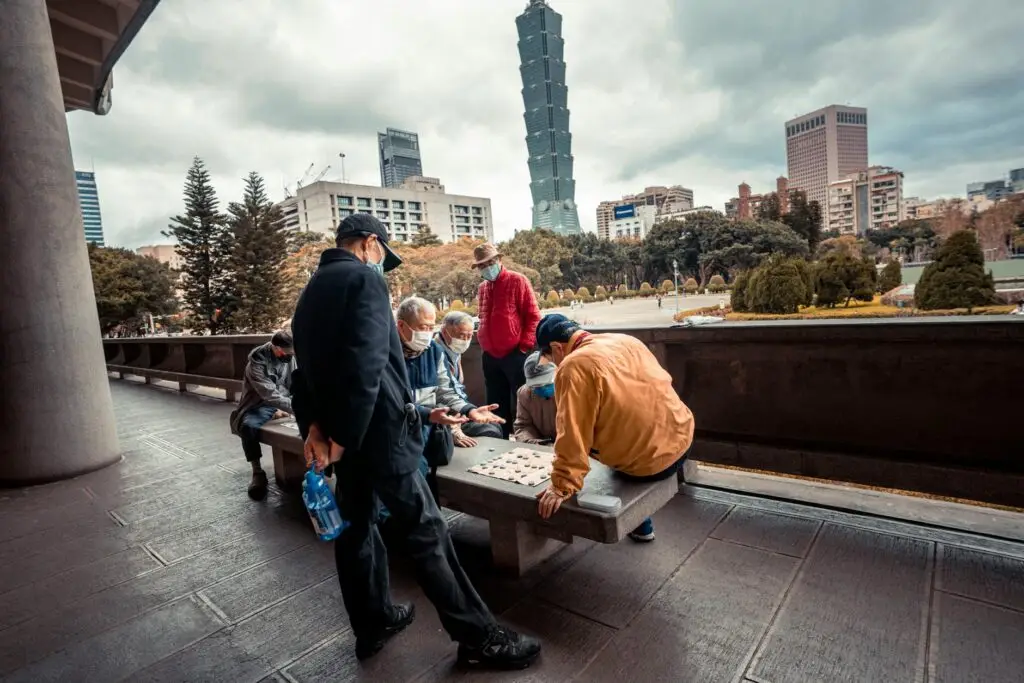
Volunteer for Causes You Care About
Volunteering is a powerful way to build a community with a shared purpose. When you work alongside others to give back, you naturally bond over the values and passions you share. Additionally, it’s deeply fulfilling to make a positive impact in your local community.
Some options to consider:
- Organizations like Meals on Wheels rely on volunteers to deliver meals to seniors who are unable to leave their homes.
- Help at shelters, libraries, or museums that rely on senior volunteers to enrich their programming.
- Become a mentor or companion through programs like AmeriCorps Seniors, which pairs retirees with younger individuals or those in need. Learn more about these opportunities on AmeriCorps Seniors.
Volunteering doesn’t have to feel overwhelming—start small, perhaps once a week, and see where it leads. The connections you’ll make while lending a hand often grow into lifelong friendships.
Consider Shared Living Options
Shared living arrangements can be a fantastic solution for retirees searching for companionship and cost-effective housing. Not only does it create an instant sense of community, but it also makes day-to-day living more affordable.
Here are some shared living ideas:
- Senior co-housing communities: These neighborhoods are specially designed for older adults, offering private living spaces but shared common areas for meals, activities, and more. Discover the benefits of co-housing in this article on shared housing for seniors.
- Home-sharing arrangements: If co-housing communities aren’t an option, consider renting out a room to another senior or housemate. Programs like Home Match help safely pair homeowners with renters in a way that matches both parties’ needs.
- Intergenerational living: Sharing a home with younger housemates, such as students, allows for diverse lifestyles to blend and fosters mutual knowledge exchange.
Choosing shared living doesn’t just help with practical considerations, such as expenses—it creates a natural environment for daily social interaction and companionship. Explore programs that support these arrangements, such as the ALA Shared Housing program.
By staying proactive and exploring these avenues, you can create meaningful connections and reap the emotional and social benefits of a strong community.
Leveraging Online Resources and Technology
In our increasingly connected world, technology offers single retirees a lifeline to new relationships and vibrant communities. Whether it’s a casual connection over shared interests or a deeper friendship built on mutual support, online platforms make it easier than ever to find your people. From social media groups to localized apps, there’s a tool for everyone to stay engaged and connected.
Online Communities for Single Retirees
Online communities designed explicitly for retirees are thriving, offering opportunities to connect with like-minded individuals from the comfort of your own home. Platforms like Facebook Groups, Meetup, and specialized forums cater specifically to older adults and their interests.
- Facebook Groups: These private or public groups are perfect for connecting with peers who share your hobbies, passions, or location. You can browse diverse topics from “solo travel for retirees” to “knitting for beginners.”
- Meetup: Need a social boost? Meetup groups for retired singles regularly host gatherings, workshops, and events in your area. Find a group like this one for single seniors or create your own for an activity you enjoy.
- Stitch.net: This platform is exclusively for those over 50, helping them form meaningful connections. From friendships to book clubs, Stitch makes it straightforward to find like-minded individuals. Explore Stitch to discover what’s possible.
If you’re intrigued by a list of networks and groups tailored to retirees, this blog from Senior Lifestyle provides valuable insights to enhance your options.
Apps That Foster Connection
Some apps go beyond chatting to help you nurture local connections and maintain meaningful friendships, regardless of the distance. Here’s a list of tools that can make staying connected effortless:
- Nextdoor: Focused on fostering local connections, Nextdoor enables neighbors to share updates, plan gatherings, or request recommendations. It’s a great starting point for connecting with people in your area or discovering nearby retired groups. For more insights on staying connected through apps like Nextdoor, refer to this guide.
- Zoom & Skype: Both platforms are highly reliable for staying in touch with loved ones. Simple and intuitive to use, they’re fantastic for virtual family reunions or catching up with distant friends.
- GrandPad: Designed exclusively for seniors, this tablet-based service features video call functionality, photo sharing, and engaging games to stay entertained while interacting with others.
- Marco Polo: Imagine a video messaging app where you can send messages at your pace. Perfect for introverts or those trying to balance multiple conversations!
In addition to these, platforms such as Facebook Messenger or WhatsApp are also worth exploring. This article highlights apps seniors can use to connect with loved ones.
Stay Safe When Connecting Online
While connecting online opens doors to new friendships, it’s essential to take practical steps to prioritize your safety. Scams and fraudulent activities can target older adults; however, a few safeguards can help ensure a positive experience.
- Keep Your Personal Information Private: Avoid sharing your home address, financial details, or key legal information, such as Social Security numbers, in conversations.
- Verify Before Meeting: Always verify the identity of the person before meeting. For in-person meetups, choose a safe and public place, such as a coffee shop or community center. Let someone you trust know your plans.
- Spot Red Flags: Be cautious if someone asks for financial help or pushes boundaries too quickly. Trust your instincts.
- Use Trusted Platforms: Stick to well-reviewed apps and websites with strong privacy policies. Platforms like Facebook and Nextdoor vet users to maintain safer communities.

Learning how to navigate these tools securely can make your online journey rewarding, helping you connect without compromise.
Maintain and Strengthen Your Relationships
Strong relationships are key to happiness and fulfillment, especially during retirement. They can enhance your well-being, provide emotional support, and help you feel connected in this exciting but unstructured phase of life. Here’s how you can maintain and deepen your relationships as a single retiree.
Stay Active and Involved

Consistency is the secret ingredient to building meaningful connections. Whether it’s attending weekly yoga classes, religious gatherings, or local workshops, showing up regularly helps cultivate familiarity and trust. As people begin to recognize you, casual conversations often blossom into lasting friendships.
Consider this: Isn’t it easier to bond with someone you see frequently? When you prioritize involvement, you create opportunities for deeper social interaction. You could:
- Join recurring local events or groups. Choir practices, book clubs, or walking groups can be great options.
- Be curious and approachable. Introduce yourself and offer compliments—a simple “I love that idea of yours!” can open doors.
- Commit to hobbies that involve others. Activities such as painting, gardening, or dancing aren’t just enjoyable; they’re also perfect for forming connections.
For more tips on staying socially active, check out this guide from Chen Senior Medical Centers.
Offer Support and Be Open to Receiving It
Building relationships is a two-way street. When you support someone through their struggles or share in their joys, it creates a natural bond that strengthens over time. On the other hand, don’t shy away from leaning on others when you need help or comfort; it’s a natural part of being human and fosters trust.
Here’s how you can embrace this give-and-take dynamic:
- Be a good listener. Sometimes, just being present is the most significant support you can offer.
- Lend a hand. Whether it’s helping a neighbor carry groceries or volunteering your time, small acts can leave a big impression.
- Accept when others offer help. Don’t let pride get in the way of deepening connections. It’s not a sign of weakness; it’s just part of forming meaningful relationships.
Some relationships thrive because of mutual vulnerability. Embrace kindness, authenticity, and a willingness to share both challenges and joys.
Build a Routine Around Social Engagement
Integrating social interactions into your weekly schedule ensures they don’t fall by the wayside. It’s easy to let weeks slip by without reaching out, but having a structured plan guarantees you’re nurturing your relationships consistently.
Here’s how to make it happen:
- Set regular meetups. Invite a friend to breakfast every other Sunday or join a weekly board game night.
- Mark events on your calendar. From art fairs to senior fitness classes, treat them as you would any other appointment.
- Stay flexible. While a routine is helpful, leave room for spontaneity. An impromptu coffee catch-up can sometimes be the highlight of your week.
The rhythm of regular engagement creates a sense of community. Additionally, consider this article from Baptist Retirement for more ideas and inspiration on the benefits of social engagement.
Nurture your relationships like you would a garden—through care, consistency, and the occasional pruning of bad habits or mismatched expectations. Over time, small steps can yield beautifully deep and reliable connections.
FAQs About Finding Your Community as a Single Retiree
Navigating retirement as a single person may feel unfamiliar, with many wondering how to rediscover meaningful connections. You’re not alone in seeking answers. Here, we’ll address some of the most frequently asked questions retirees have about finding a sense of community. Whether you’re introverted, unsure where to start, or considering living arrangements, these answers provide practical guidance for fostering meaningful relationships.
How Can I Meet New People During Retirement?
Meeting people as a retiree doesn’t have to feel daunting. The key is to start with activities you already enjoy or are curious about. Here are some approachable ideas for making new friends:
- Pursue shared interests: Sign up for local clubs like gardening, book clubs, or photography groups.
- Volunteer: Lending your skills to a cause that resonates with you, such as an animal shelter or food bank, often leads to organic interactions. For further inspiration, check out this guide to making friends in retirement.
- Take a class: From cooking to art workshops, learning a new skill brings together people with the same passions.
- Attend community events: Keep an eye on your local calendar for meetups, festivals, or group activities, such as hiking.
Consistency is crucial. The more you show up, the more familiar you’ll become to others, setting the foundation for deeper relationships.
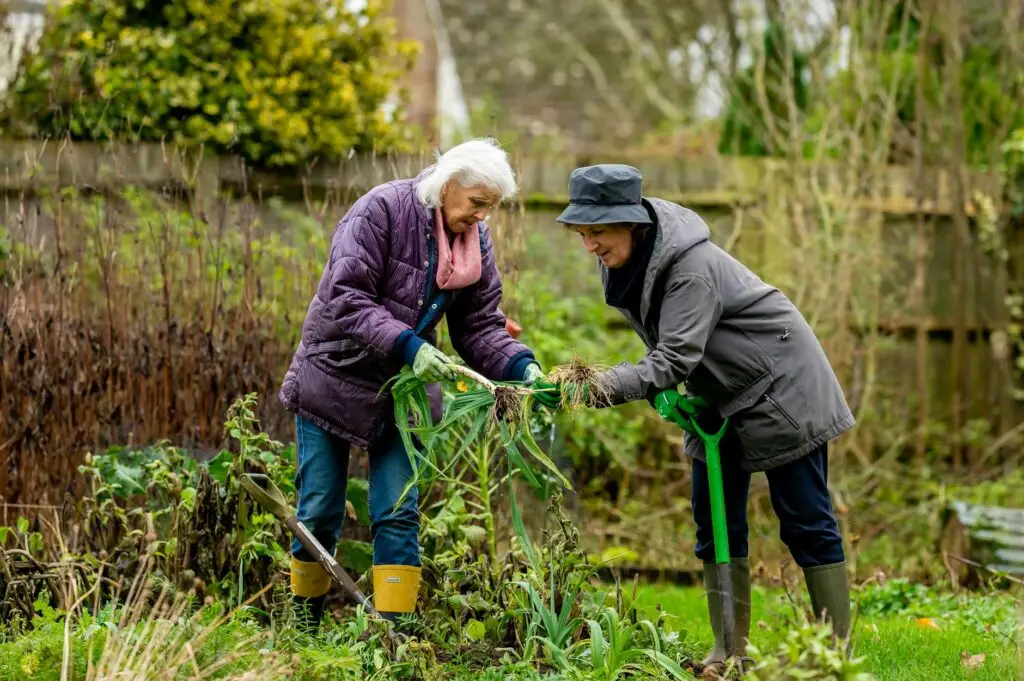
What If I’m Shy or Reserved?
If you’re naturally shy, it’s okay to take small steps. Remember, meaningful connections don’t happen overnight; they develop over time and with trust. Start in low-pressure situations:
- Look for smaller groups: Large gatherings can feel intimidating. Opt for smaller meetups or intimate group settings, such as book clubs or meditation classes.
- Use online forums: Platforms like Stitch, specifically geared toward those 50 and older, are a great way to ease into meeting new people.
- Practice open-ended conversations: Simple questions, such as “What got you into this hobby?” can help reduce the pressure.
Taking small, consistent actions builds confidence over time. Remember, you’re looking for connections that feel natural, not forced.
How Can I Safely Find a Roommate?
Having a roommate can be both a financial and social advantage during retirement, but safety needs to be top of mind. Here’s how you can approach it:
- Use reputable platforms: Start with vetted services like Home Match, which pair retirees with potential housemates.
- Conduct interviews: Meet potential roommates in a neutral, public setting, and ask about daily habits, noise levels, and pet tolerances.
- Run background checks: Don’t skip this step to ensure their safety and reliability.
- Establish boundaries upfront: Discuss household responsibilities, schedules, and how shared spaces will be used.
A clear and transparent process helps avoid misalignments later.
Can I Find a Community Without Relocating?
Absolutely. You don’t need to move to create meaningful connections. Building community in your current area involves exploring nearby resources:
- Local community centers: Many cities offer senior-focused programs that include exercise, crafts, and even movie nights.
- Faith-based groups: Places of worship often have social groups and service opportunities.
- Online apps: Tools like Nextdoor connect you with neighbors in your immediate vicinity.
Building connections at home often starts by stepping just slightly outside your comfort zone. You’ll be surprised how many like-minded individuals reside nearby.
How Do I Maintain Relationships in Retirement?
Once you’ve established connections, keeping them strong is just as important. Communication and shared experiences are key:
- Schedule regular coffee dates or check-ins.
- Show interest by asking about their lives and staying present in conversations.
- Embrace a flexible attitude; relationships evolve, and effort is a two-way street.
Maintaining bonds can be as fulfilling as creating them, adding joy and richness to your retired years.
These FAQs address some of the challenges single retirees encounter, providing practical advice on how to overcome them. With patience, adaptability, and an open heart, finding your community is within reach.
Conclusion: Building Your Community as a Single Retiree
Creating a supportive community during your solo retirement is both achievable and essential for a fulfilling life. While the prospect of building connections might seem daunting, remember that small, consistent steps can lead to meaningful relationships. Whether it’s joining local groups, engaging in volunteer work, or even fostering connections online, the opportunities are endless.
Recap the Benefits of a Support Network
Let’s not forget the significant benefits that come with finding your people in retirement:
- Social engagement enhances mental health: Loneliness can affect more than just your mood—it impacts your overall well-being. A strong support network can help combat feelings of isolation and enhance overall happiness.
- Practical and emotional support in daily life: From casual chats to helping hands, your community can act as an extended family.
- Lifelong learning and growth: Engaging with others introduces you to new ideas, cultures, and perspectives that keep life interesting and vibrant.
- Improved physical health: Social interactions have been shown to reduce stress and promote healthy habits, such as staying active.
For more inspiration on thriving as a single retiree, consider reading this article on the benefits of retirement communities, which may offer additional insights.
Take the First Step
It’s easy to put off making connections, but taking the first step can yield incredible rewards. Whether you’re shy, introverted, or enjoying your independence, start by exploring one new area—be it a local event, an online group, or a volunteer opportunity. The simplest efforts often lead to the most profound connections.
As one retiree shared in this piece on community-building tips: “I started with a gardening club. Now, it’s become my extended family.” Imagine what could grow from the seeds you plant today.
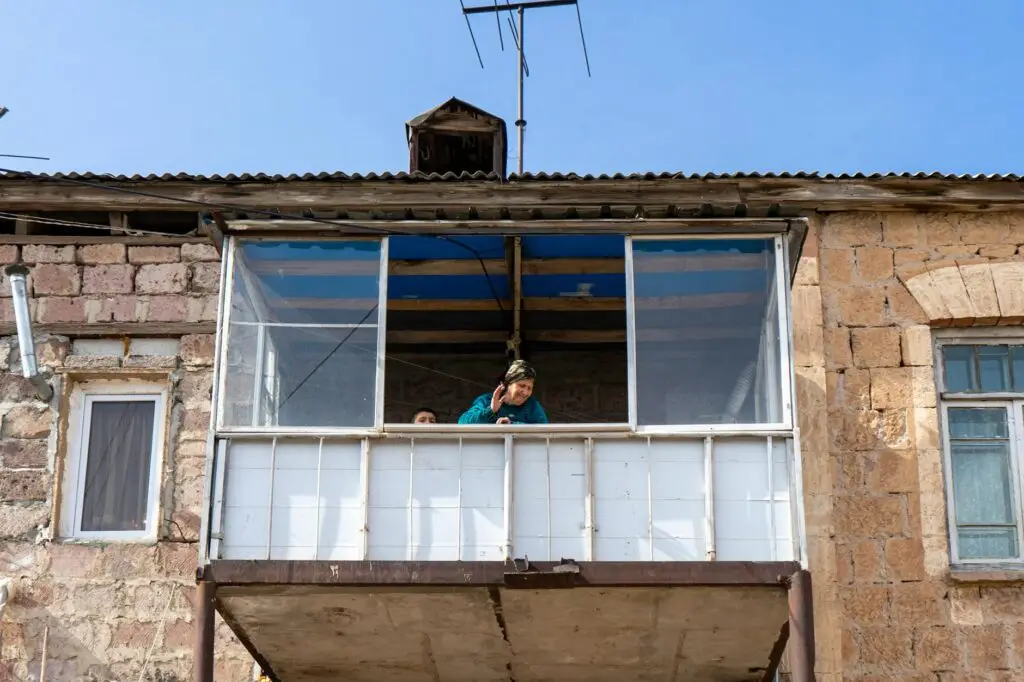

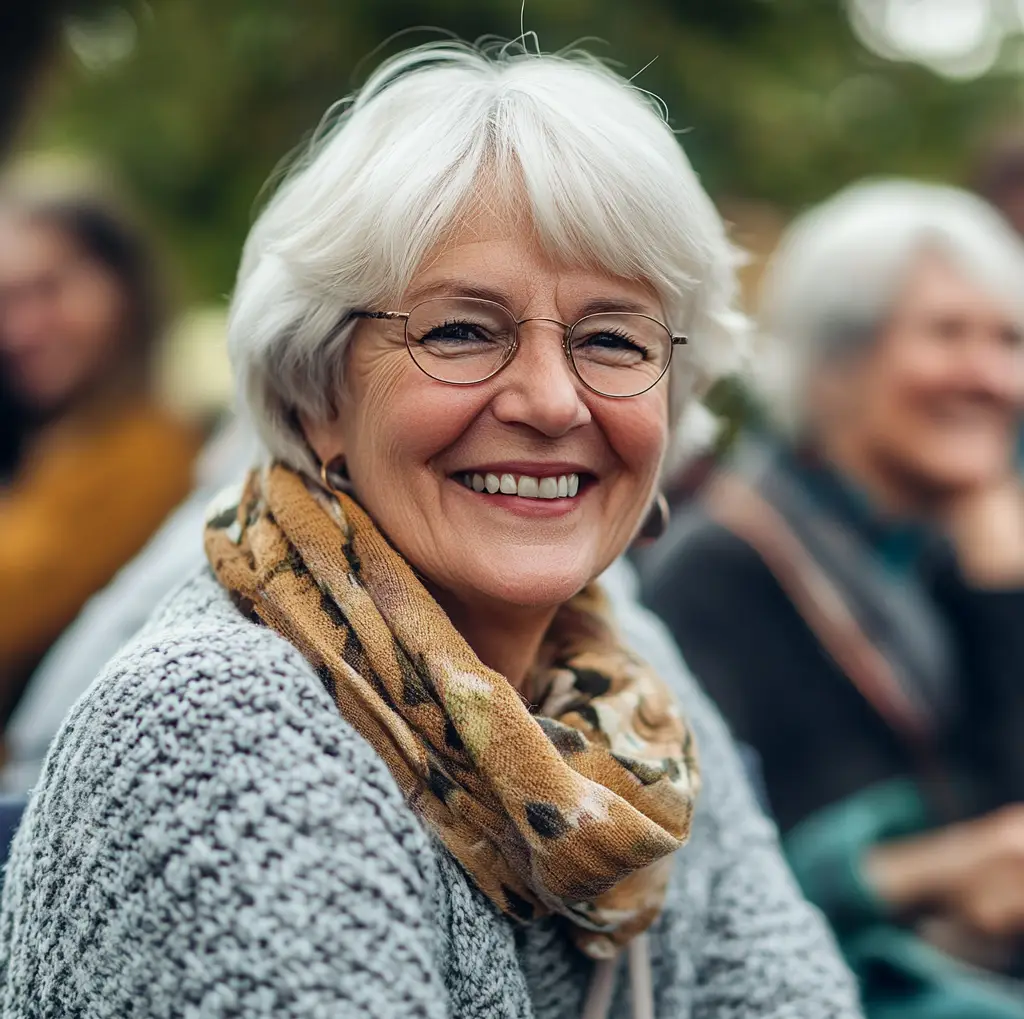






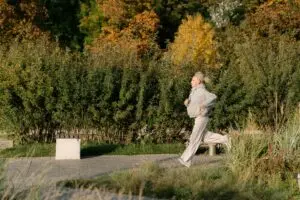



Add comment